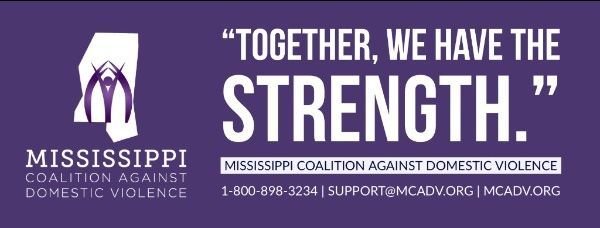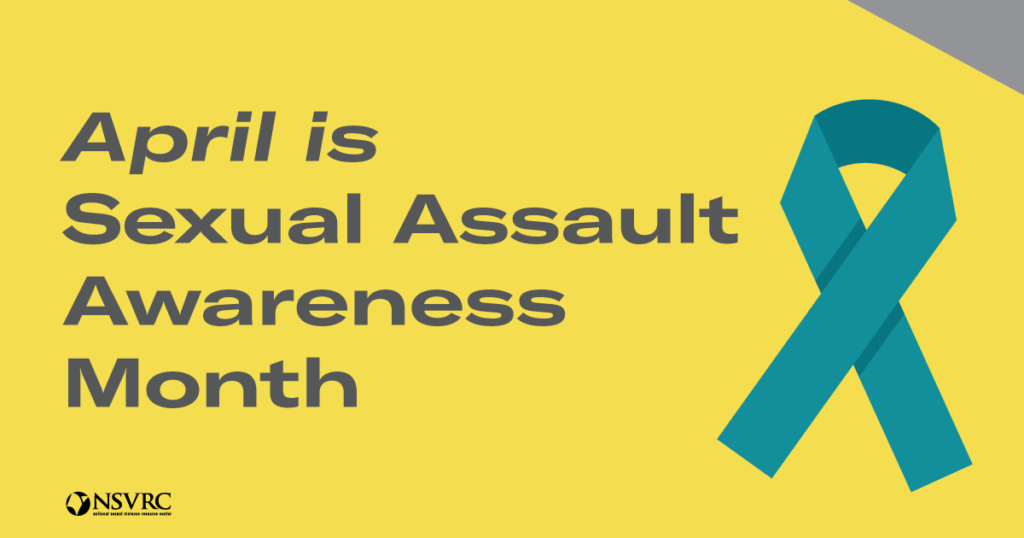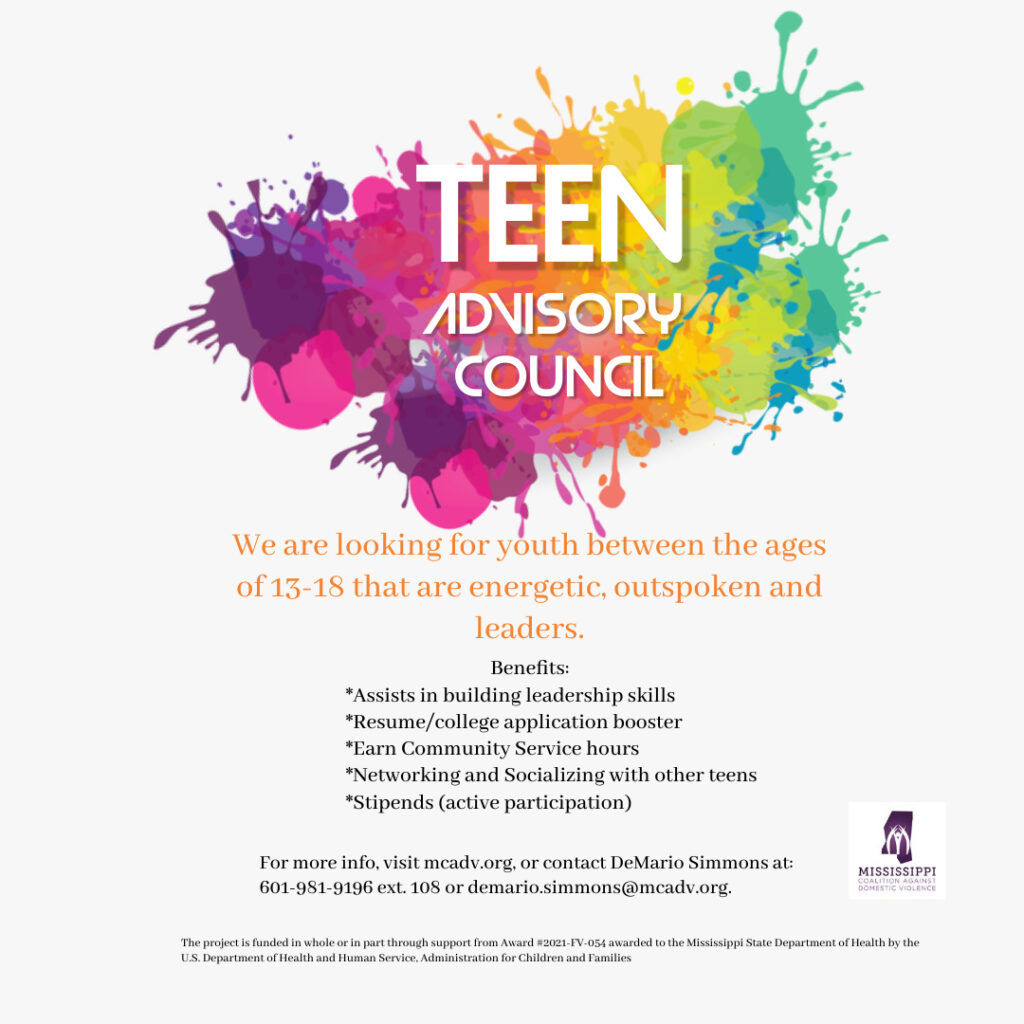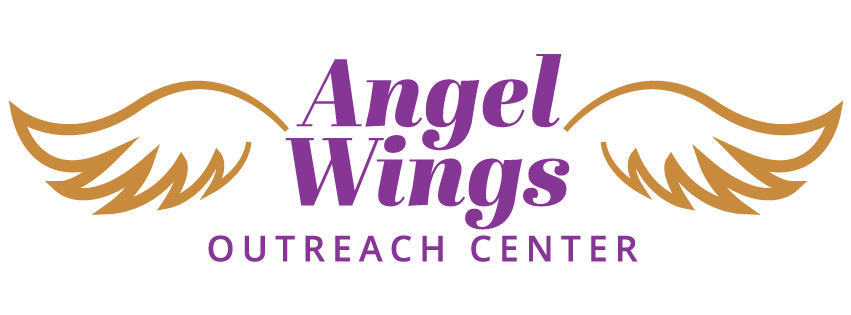

Creating Safe Online Spaces for Survivors of Sexual Violence
During Sexual Assault Awareness Month 2021, the National Sexual Violence Resource Center brings to light the issue of online sexual harassment and abuse. Preventing and ending sexual violence requires societal change, and much of that change is behavioral. Of all of the beliefs that reinforce violence, victim-blaming, or the assumption that survivors of assault are somehow at fault for their own abuse, is among the most damaging. Blaming the victim is known to occur in rape and sexual assault cases, where the victim of the crime is often accused of inviting the attack due to their behavior.
Oftentimes, victims are shamed and held accountable for an assault through social media or other online outlets. During the beginning of the Me Too Movement, we saw victim blaming statements often that read: “You’re just looking for a payday,” “You had to know what would happen if you went to his hotel room,” or “Why didn’t you come forward sooner?” There are various explanations why a victim may delay reporting an assault. Reasons such as fear of retribution or not being believed can lead to a victim not reporting the assault at all.
Online victim blaming directly impacts survivors as well, increasing the shame and stigma associated with sexual violence. Someone who has experienced assault may choose not to come forward or report the abuse after seeing other survivors blamed and ridiculed online. Seeing these posts or comments could re-traumatize survivors who are trying to heal from abuse.
The National Sexual Violence Resource Center encourages building safe online spaces. Practicing consent and showing respect for boundaries by verifying if it is okay to share information outside of a one-on-one chat creates a safe space for confiding in a friend. Creating respectful online workspaces can include providing a way to report abuse or harassment from another coworker. To read more about ways to create safe online spaces, click here.
*We Can End Digital Victim-Blaming: How to Support Survivors of Sexual Violence Online
Additional Resources
History of Sexual Assault Awareness Month
Four Ways To Build Safe Online Spaces
The Criminal Justice System Statistics

Forecast Mississippi
MCADV is excited to announce the training of our first team of FORECAST facilitators. Fifteen domestic violence and sexual assault advocates are preparing to take FORECAST to their respective communities across the state.
You may be asking, “What is FORECAST?” Project FORECAST (Forecast OutReach Experiential Child Advocacy Studies Training) focuses on training advocates and community partners to use Problem-Based Learning Solutions (PBL-S) to develop Trauma-Informed Experiential Reasoning Skills (TIERS) in a workforce capable and competent at responding to trauma in a manner that promotes resiliency and reduces further trauma to those who access our respective services. The FORECAST unique group learning experience promotes the best opportunity for adoption, implementation and sustained use of PBL-S to fortify coordinated community response teams. The curriculum for FORECAST Training is uniquely designed to cultivate skills needed to effectively manage real-world scenarios related to trauma.)
Project FORECAST is run through the University of Missouri St. Louis and is funded by a grant through SAMHSA (Substance Abuse and Mental Health Services Administrator). Mississippi was one of several states invited to participate in the roll out of the training, with the Coalition being among the selected agencies from our state to be part of FORECAST Cohort 2. As a result, our approved Coalition FORECAST trainers have been authorized by the University of Missouri St. Louis to conduct community trainings statewide and to train facilitators.
Keep an eye out for a FORECAST training coming to a community near you!

MCADV was awarded the Rural Sexual Assault, Domestic Violence, Dating Violence and Stalking Assistance Program from the Department of Justice, Office of Violence Against Women in the fall of 2019. The grant project, the Southern Mississippi Rural Women’s Health Collaborative (SMRWHC), targets 8 counties in the Pinebelt area. The mission of SMRWHC is to increase and enhance the availability and accessibility of education and training on domestic violence, intimate partner violence, sexual assault, and stalking to providers of rural victims through a trauma informed lens. This project addresses the prevention of interpersonal violence in some of Mississippi’s most southern and underserved rural communities by enhancing the current service delivery system through education, training and outreach efforts.
Partners on this grant include: the Mississippi Coalition Against Sexual Assault, Clean Slate Behavioral Health Solutions, The Shafer Center for Crisis Intervention and the Domestic Abuse Family Shelter. The project targets the counties of Jones, Smith, Jasper, Jefferson Davis, Covington, Wayne, Marion and Greene to enhance the health, mental health and safety of those whose lives become disrupted due to domestic violence, sexual assault, dating violence and stalking through education and coordinated service delivery in the targeted counties.
SMRWHC is conducting a community needs assessment survey. The purpose of the survey is to explore the awareness of and knowledge about available resources in their community. The information gathered in this survey will be used to identify specific ways the grant partners can address public health problems and any unmet needs around this issue. Participants’ input is vital to our understanding of how to better serve those experiencing interpersonal violence, how to support their families, and also to assist in addressing needs in the workplace and community. If you are in one of the named counties, we need your assistance. The survey takes approximately 30 minutes to complete.
Click here to access the survey: Community Needs Assessment Survey
For more information about the project, partners and educational opportunities please visit the website at smrwhc.org.

MCADV’s Teen Advisory Council is Now Accepting Applications
MCADV is looking for youth, ages 13-18, to join our Teen Advisory Council! Our Teen Advisory Council membership provides the opportunity to be a part of a peer organization that challenges teens across the state of Mississippi to create healthier, more informed relationships. It also offers its members community service hours and prepares them for entering the professional arena.
THE DEADLINE TO SUBMIT AN APPLICATION IS APRIL 28TH!
For more information on joining MCADV’s Teen Advisory Council, click here.

Legislative Update
Spring is here and warmer weather is near! Mississippi’s legislative session has come to an end and we would like to say, THANK YOU! Thank you for all of your hard work and support during this session. Without your advocacy, we couldn’t fulfill our mission to increase lifesaving policy to protect victims, survivors, and advocates of domestic violence. This year we witnessed Mississippi legislators stand with domestic violence shelter programs across the state to remove the 25% match requirement from the state’s Victims of Crimes Fund. This victory will allow shelter programs to continue to provide services and resources to victims and their families. While educating and informing legislators, MCADV monitored active legislation that would increase health care, provide more resources to families, and protect women’s rights.
- Intimate Visual Material Disclosure (Senate Bill 2121) – This bill criminalizing the sharing of intimate materials will protect Mississippians in intimate partner relationships from what some would call “revenge porn”. (PASSED)
- Temporary Assistance for Needy Families Increase (Senate Bill 2759) – This bill will increase cash support for low-income families who receive TANF for the first time since 1999. (PASSED)
- Dignity for Incarcerated Women Act (House Bill 196) – This bill will prohibit the shackling of incarcerated pregnant women, ensure incarcerated women have access to menstrual products, and place incarcerated mothers in facilities close to their children. (PASSED)
- Magnolia Tax Act (Senate Bill 2709) – This bill would have provided a tax exemption for feminine hygiene products, contraceptive products, and baby formula and diapers. (DIED IN COMMITTEE)
- Sexual Assault Response for College Students Act (House Bill 581) – This act would have required all higher education institutions to adopt a comprehensive policy that is consistent with the federal and state law’s regarding institutions’ response to allegations of Sexual Assault, Domestic Violence, Dating Violence, Stalking, & Sexual Exploitation. (DIED IN COMMITTEE)
Now that the legislative session has ended, we are headed back to our communities to listen to the needs of victims, survivors, advocates, and systems of domestic violence. If you would like to assist with advocacy and policy education, email our Policy and Systems Advocacy Coordinator at robin.jackson@mcadv.org.
Shelter Spotlight

Angel Wings Outreach Center (AWOC) has been providing a safe place and support services to victims of domestic and family violence since 1994. AWOC is founded on the belief that every person has the right to be safe, empowered, and free from the fear of violence. Their vision is to seek to eliminate domestic and family violence abuse. Today, the AWOC provides services for hundreds of victims spread across eight counties in the state of Mississippi. For over 26 years, Angel Wings has been providing temporary emergency shelter to individuals who are left homeless after leaving their abuser.
Angel Wings Outreach Center found itself in strange circumstances with the onset of the Covid-19 pandemic last March. All in-person programming and events were cancelled. At the same time, the shelter saw an immediate fill up just after the pandemic began. AWOC began utilizing Zoom, the virtual platform that many turned to for meetings and events. This allowed them to reach out to their community and continue to provide resources to those in need.
The first training held in October 2020 focused on domestic violence issues including protection orders, crime compensation benefits and temporary housing and relocation assistance. Presenters were from the Attorney General’s Office. There were 15 who participated. Two more trainings were held in November and December covering mental health and domestic violence presented by a licensed social worker, and human trafficking, presented by the Attorney General’s Office. Each had 15 participants.
In January 2021 the first AWORC Zoom training focused on stalking with a presentation made by Paula Broome, a special assistant attorney general with the Attorney General’s Office. Attendance was 64, a tremendous increase. All have been well received and based on survey results, appreciated. The next zoom training, scheduled for Saturday, April 24, 2021 from 10:00 a.m. – 12:30 p.m., will be Angel Wing’s annual Teen Dating Summit.
For more information about Angel Wings Outreach Center, visit their website and social media page by clicking the links below.Website and Social Media Links
Angel Wings Outreach Center Website – angelwingsoutreach.org
Facebook – @angelwingsoutreachcenter.org
Instagram – angelwings_outreachcenter
